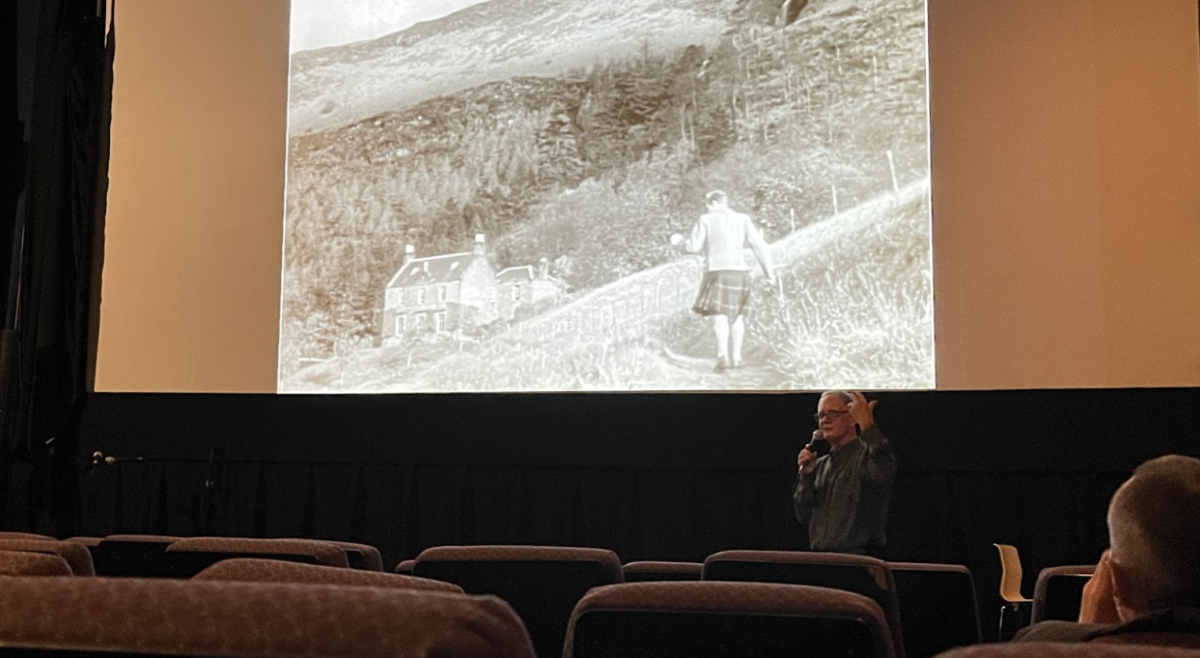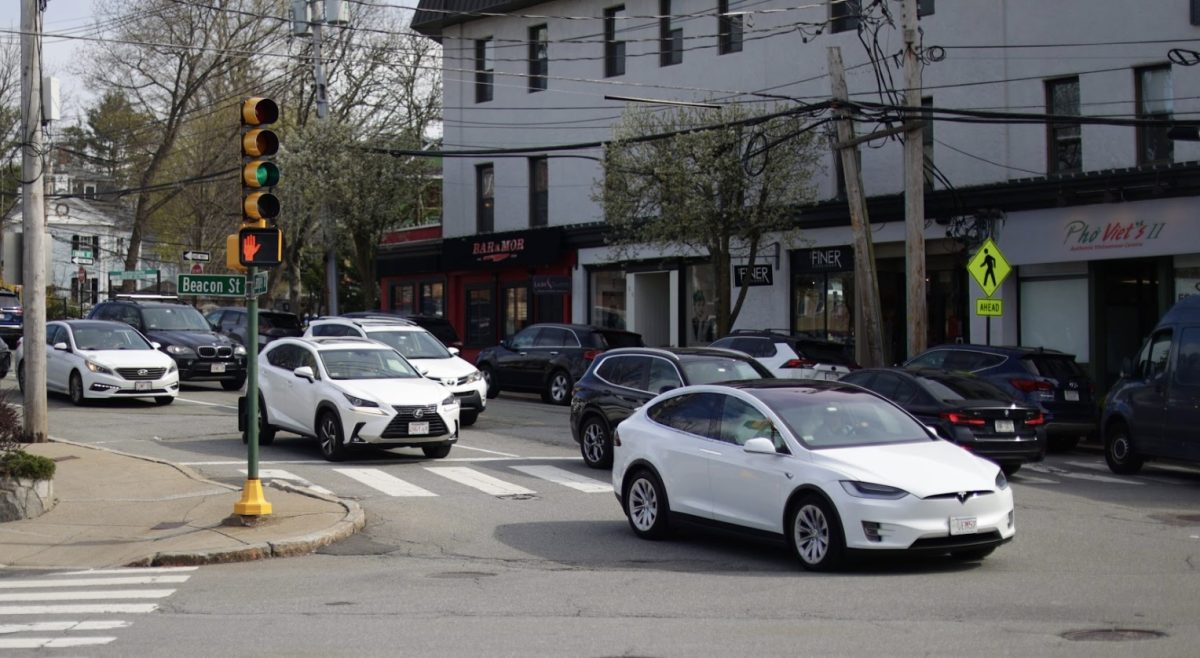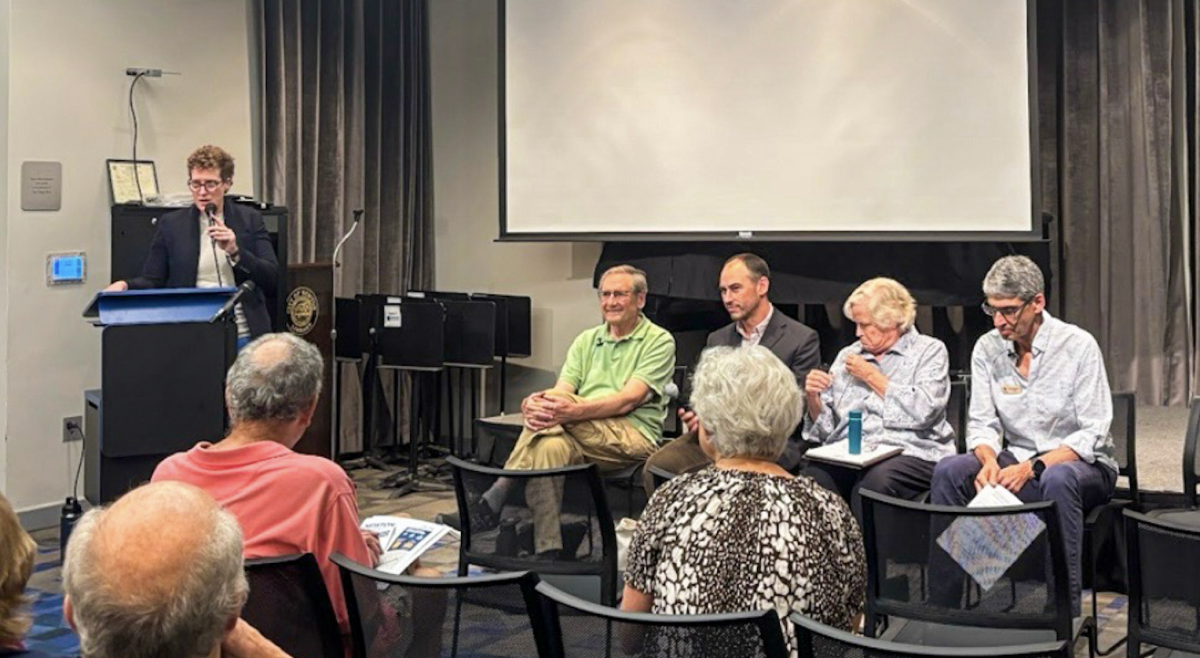Newton’s Zoning and Planning Committee (ZAP) met Thursday to discuss a reevaluation to the city’s Inclusionary Zoning Ordinance, deciding on changes to legislation regarding inclusionary rental and ownership projects in the context of housing trends and affordability.
The original ordinance was implemented in August of 2019 and, as per state requirements, requires a reevaluation every five years. Shaylyn Davis-Iannaco, the planning department’s housing program manager, explained that the revisionary work began last summer and ZAP has compiled several recommendations.
“We’ve taken all the recommendations that we’ve heard and tried to make changes to the ordinance that we think will fine-tune it,” said Davis-Iannaco.
The city has consulted with a variety of developers, housing advocates, land-use attorneys, and other stakeholders over the last 12 months to gain a better understanding of the shortcomings of current affordability requirements, explained Davis-Iannaco.
Among those consulted was RKG Associates, an economic planning and real estate consultancy, which performed an analysis with nonprofit and for-profit developers across the city to determine problem areas in need of improvement.
The proposed amendments include removing a requirement for middle-income housing in rental programs that concern Area Median Income (AMI) units. AMI units represent a type of affordable housing geared toward the midpoint of a city’s household income.
Currently, Newton’s Zoning Ordinance mandates that 15 to 20 percent of units in new developments built must be affordable to tenants making 50 to 80 percent of the AMI.
“We’re recommending removing the middle income tier,” said Davis-Iannaco. “So for the 110 percent of AMI units, we’re recommending removing that tier, as they often sit vacant and can be costly to the developer when they sit vacant. And instead, we’re recommending just an affordable tier.”
Another recommendation was to eliminate a requirement for contractual resident services—home warranties—for Extremely Low-Income (ELI) housing projects, as an incentive for developers to invest in such projects. ELI housing refers to the lowest tier of income used in housing programs, representing households earning at or below a certain percentage of the AMI.
Ward 3 Councilor-at-Large Pamela Wright challenged the development, claiming that an increase in ELI housing might disproportionately affect upcoming housing projects.
“And I think getting more of those units is definitely something we want to do,” said Wright. “But if all of a sudden it gets one-sided, and everyone’s doing ELI instead of AMI, do we want to put some guardrails on there, saying that if there’s an X percent that are at ELI in the city, that we may want to, you know, turn down some projects?”
Kyle Talente, a representative of RKG Associates, explained that the change does not necessarily mean developers will begin generating more ELI units than AMI.
“Providing units of 30 percent of AMI can be challenging for developers that don’t have experience in doing it, and so I don’t think that it would be executed upon with every project, just because to provide units like that, oftentimes, will require a developer that has experience, and not everybody’s gonna have that,” said Talente.
The final discussion point addressed lowering the minimum valuation a project needs for it to be treated as an income-controlled unit, which entails a maximum income limit for eligibility.
“The current calculation for the value of an income-controlled unit, which is currently standing at $650,000, what we learned was that if you were to lower the threshold, you would create an undue financial hardship on those smaller projects,” said Talente.
Talente reiterated that, with smaller projects, income control requirements are far more difficult. Following the councilors’ discussion, the amendments were tabled without a vote. ZAP intends to further discuss these amendments in future meetings, with a public hearing set for the next meeting on Oct. 6.



















